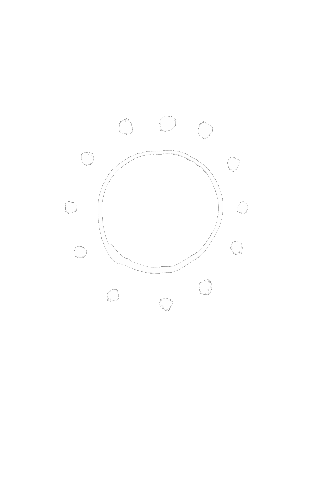
SATHU.STUDIO
27 JAN 2021 - 12 FEB 2021ENTER PASSWORD:
-----------------
As you know by now I don't like to be a broken record talking about my Khmer heritage, 1) because to explain 'what is so Cambodian' means centering the characteristics of the West and then mirroring Cambodianness to that, which is impossible and reductive to both 'ways of beings' and especially because Khmerness is not lived by you nor 99% of anyone in the Netherlands, but by me, so there's an imbalance at hand, - and 2) I feel it essentializes both ways of being and perhaps assumes that I should (not) understand, embody or shapeshift between multiple 'ness'-es, because if we're all the same, what's the point of explaining this difference?
Another, less complicated, more pitiful reason for me to withhold from being Cambodia's ambassador to every non-Cambodian is that the country was complicated by the West's interventions such as becoming a Protectorate by the French for seventy odd years and being part of Nixon's secret bombing campaign, making Cambodia the most bombed country at the time. Cambodia was neutral - and so as a daughter of the diaspora I am resentful.
At the heart of our story seems to be 'our auto-genocide', a nearly four year communist rule, a memory haunted by every member of my community of anyone over 50, and a fascination by the West as a topic to revisit over and over (most likely because they feel 'they had nothing to do with it' which is everything but true) without any effort to spiritually guide those who have been through it, those who are trying to live their life in Post War Cambodia or the Post Colonial West, those who never chose to be the pitiful and exotified subjects of Western intellectuals and artfilm lovers. I believe that these complicated revisits are a part of a tradition rooted in the West and Cambodians themselves find them rather unhelpful and say they cause bad spirits to re-arise, but that's a different story.
As much as I do not like to mention the Khmer Rouge, it is relevant to this effort of explicating the difference from what no one in the West seems to understand: the difference between the journey of a Khmer, a Thai or a Vietnamese to the West, so I do invite you to Google it, but I would like to emphasize that every member of my community has a different stance on these horrible four years which still divides us across the diasporas and in the homeland to this day.
I am guessing that the complications of those years (and the years before and the years that followed) make it so that it's a hard story to tell, if we can even talk about a singular story, and so my parents and every other member of my community decided to tell none. I have spent the last ten years living at the margins of having been told this story, telling this story, trying to understand this story and ignoring this story, to arrive at the plane of where I was before I knew of any story: I am me, innit, I am here and nothing changes that.
From a sociological point of view, why there's so little (media) on Cambodianness is a numbers game. I can explain to you that the largest Khmer community which resides outside of Cambodia is located in Long Beach, followed by Paris, Sydney, but still amounts to very little compared to our South East Asian counterparts. The only reason why these numbers are relevant is, what I have learnt in my ten years of living and understanding the diasporas (in Sydney, Berlin, Antwerp, London), because numbers/occupation/class impact the community's effort to survive, and what's at the centre of my identity is the ongoing conversation of what it means to migrate and (what the Dutch love to focus on so much = ) to integrate. Cambodians have been invited here in the Netherlands as refugees in the eighties (after active lobbying) and a whole 580 of us came here (compared to 16.000 Vietnamese).
My background and curiosity for the survival and visibility of my own kind has made me sympathetic to anyone with a struggle. It seems that is the fate of many migrants' children to side with other brown folk. I am in debt to any author and artist who has created anything I can revisit to help me understand how to move on: move on from the trauma, from the illnesses in our community and how to stop navigating this world blind as we did. Unwillingly the role of the teacher is therefore loaded for me, and at the moment I find solace in spirituality, and previously togetherness. I am also particularly sensitive to nuances within migrant's conditions.
To this day I wish the Khmer story has a happy ending but my mind is fogged with worry. My father, the first of refugees to have obtained a Bachelors (in technical engineering) worked for one company in my hometown (Roosendaal, Noord-Brabant, South of the Netherlands) for years but in the crisis of 2009's he was laid off and because of sheer Dutch racism (and ageism) he wasn't able to find work at his capacity. So my parents decided to move and start a (shiitake mushroom) farm in North Western Cambodia and it has been five years of (in the words of my mother) hard work, pride and regret. Since the last three weeks my father has fallen ill, corona has closed the borders to Thailand making business particularly hard, as is access to adequate hospitals, and the nightmares won't stop. So I apologise if I was a bit harsh yesterday. Focusing on positivity has been particularly challenging this week.
To end this emotional email, I would like to invite you to watch this film: 'Return to Khao-I-Dang' by a late Khmer-Australian filmmaker.
I wrote this email with a lot of love.